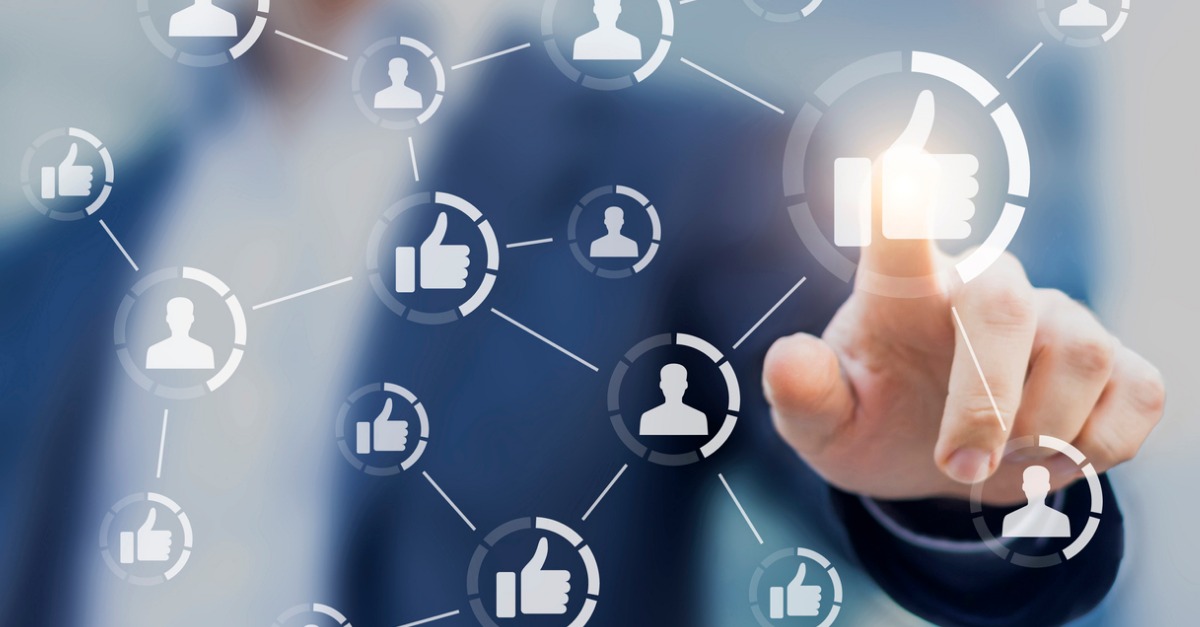
The Surprising Reason We Crave Popularity
If you light up when your latest social media post gets a new “like,” you’re not alone. Not only that, but it turns out our desire to be liked might not be so frivolous after all, according to research by John Van Seters Professor of Psychology and Neuroscience Mitch Prinstein.
Being part of the “in crowd” has evolutionary roots. As Prinstein explains, one major reason for this desire has to do with the early days of history, when humans who weren’t part of the herd were at a higher risk for physical injury by predators. Even now, when we think about being unpopular, our bodies release an internal, inflammatory response to prepare for an attack.
Likeable people have more opportunities. It’s been well-documented that people who are perceived as being likable are more successful in relationships, both personal and business. This is largely because our brains have been programmed to be sensitive to popularity, for the reasons above. We perceive likeable people as being more popular, and, in turn, safer to be around.
Likability and status can be confused. Prinstein notes that status can be confused for likability. As we get older, our brain’s reward centers begin to covet attention and visibility. With social media, those reward centers encourage us to see “likes” and followers as signs of status. By contrast, children perceive likability as a much more cooperative personality trait, based on helpfulness, support and friendship.
In the end, true likability is actually helpful to us, and, based on evolution, so it’s understandable that humans crave it. It only becomes a problem when we look at signs of status, such as “likes” and followers, and mistake that for likability.

